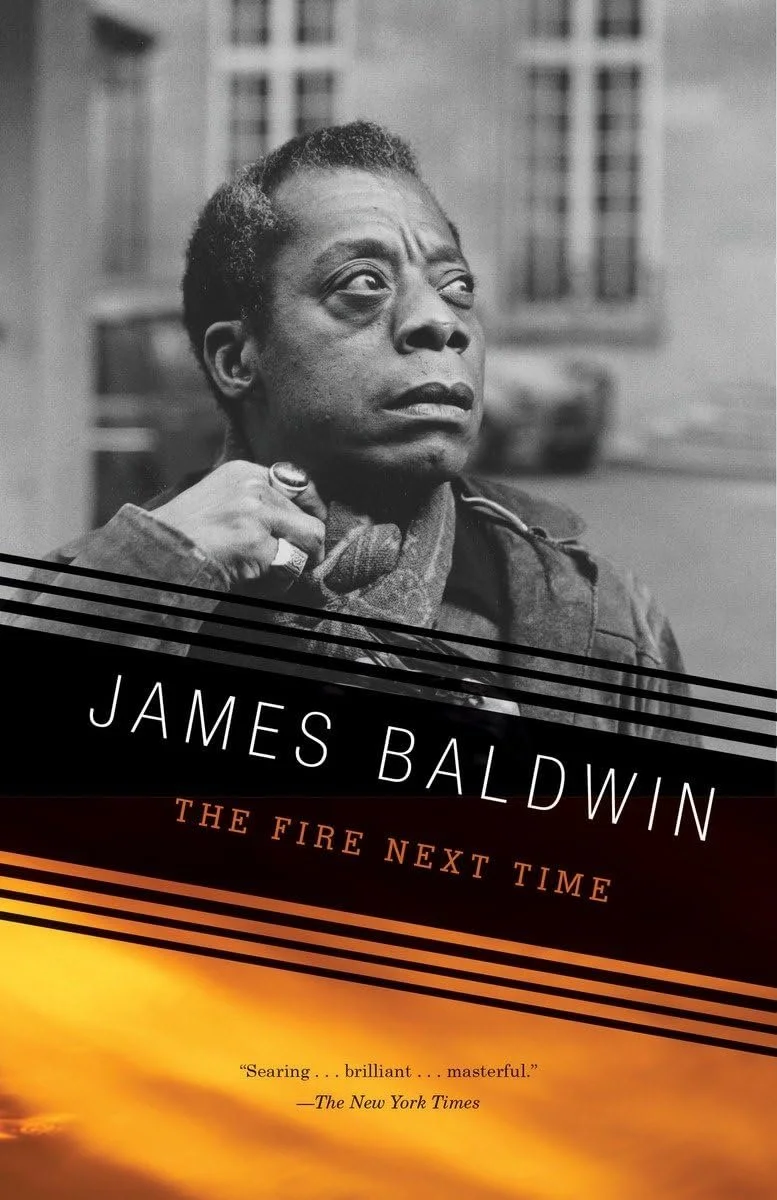THE BLACK LIST:
CURATED SELECTIONS FROM OUR FAVORITE LITERATURE
JULY THEME: REVOLUTIONARY THINKERS
WEEK 1 - The Fire Next Time
by James Baldwin
At once a powerful evocation of James Baldwin's early life in Harlem and a disturbing examination of the consequences of racial injustice, the book is an intensely personal and provocative document from the iconic author of If Beale Street Could Talk and Go Tell It on the Mountain. It consists of two "letters," written on the occasion of the centennial of the Emancipation Proclamation, that exhort Americans, both black and white, to attack the terrible legacy of racism.
WEEK 2 - Assata an Autobiography
by Assata Shakur
This intensely personal and political autobiography belies the fearsome image of JoAnne Chesimard long projected by the media and the state. With wit and candor, Assata Shakur recounts the experiences that led her to a life of activism and portrays the strengths, weaknesses, and eventual demise of Black and White revolutionary groups at the hand of government officials. The result is a signal contribution to the literature about growing up Black in America that has already taken its place alongside The Autobiography of Malcolm X and the works of Maya Angelou.
WEEK 3 - The Autobiography of Malcolm X as Told by Alex Haley
by Malcolm X (Author), M. S. Handler (Introduction), Ossie Davis (Afterword), Attallah Shabazz (Foreword), Alex Haley (Collaborator)
The Autobiography of Malcolm X stands as the definitive statement of a movement and a man whose work was never completed but whose message is timeless. Malcolm’s fascinating perspective on the lies and limitations of the American Dream, and the inherent racism in a society that denies its nonwhite citizens the opportunity to dream, gives extraordinary insight into the most urgent issues of our own time.
WEEK 4 - To Die for the People: The Writings of Huey P. Newton
by Huey P. Newton
With a rare and persuasive honesty, To Die for the People records the Party's internal struggles, rivalries and contradictions, and the result is a fascinating look back at a young revolutionary group determined to find ways to deal with the injustice it saw in American society. And, as a new foreword by Elaine Brown makes eminently clear, Newton's prescience and foresight make these documents strikingly pertinent today.





